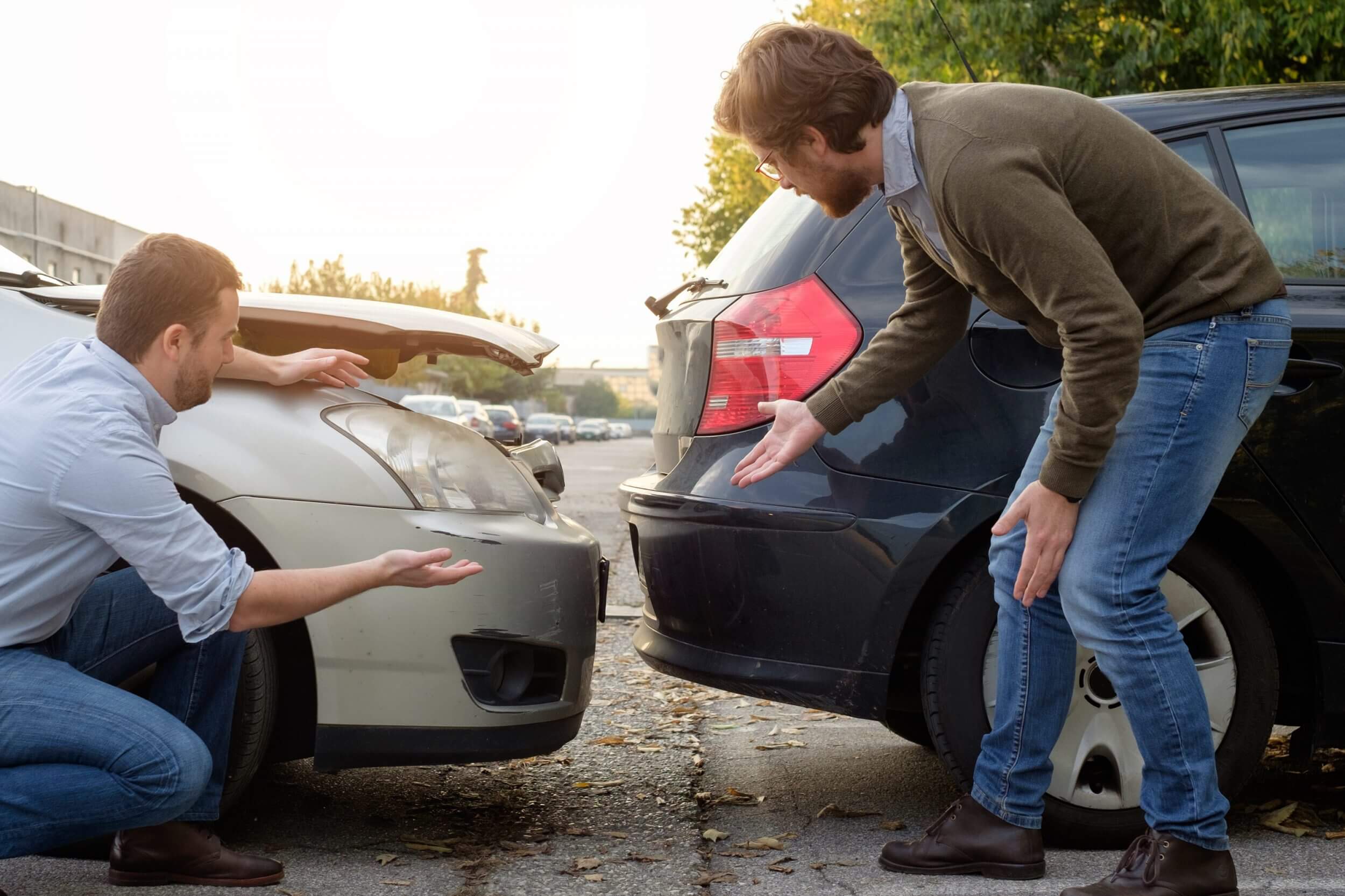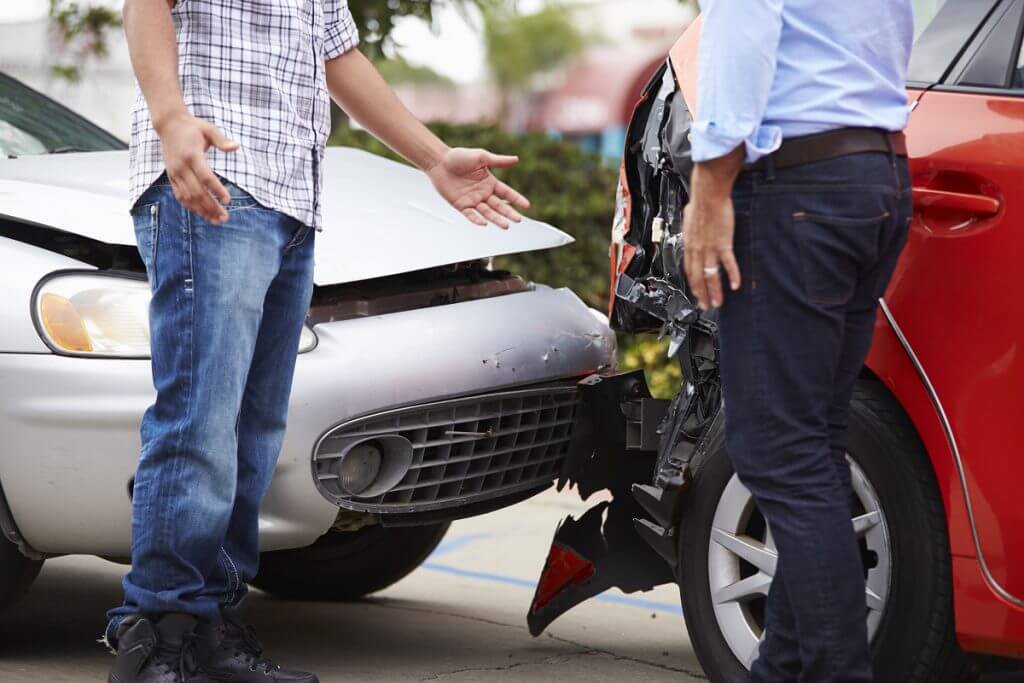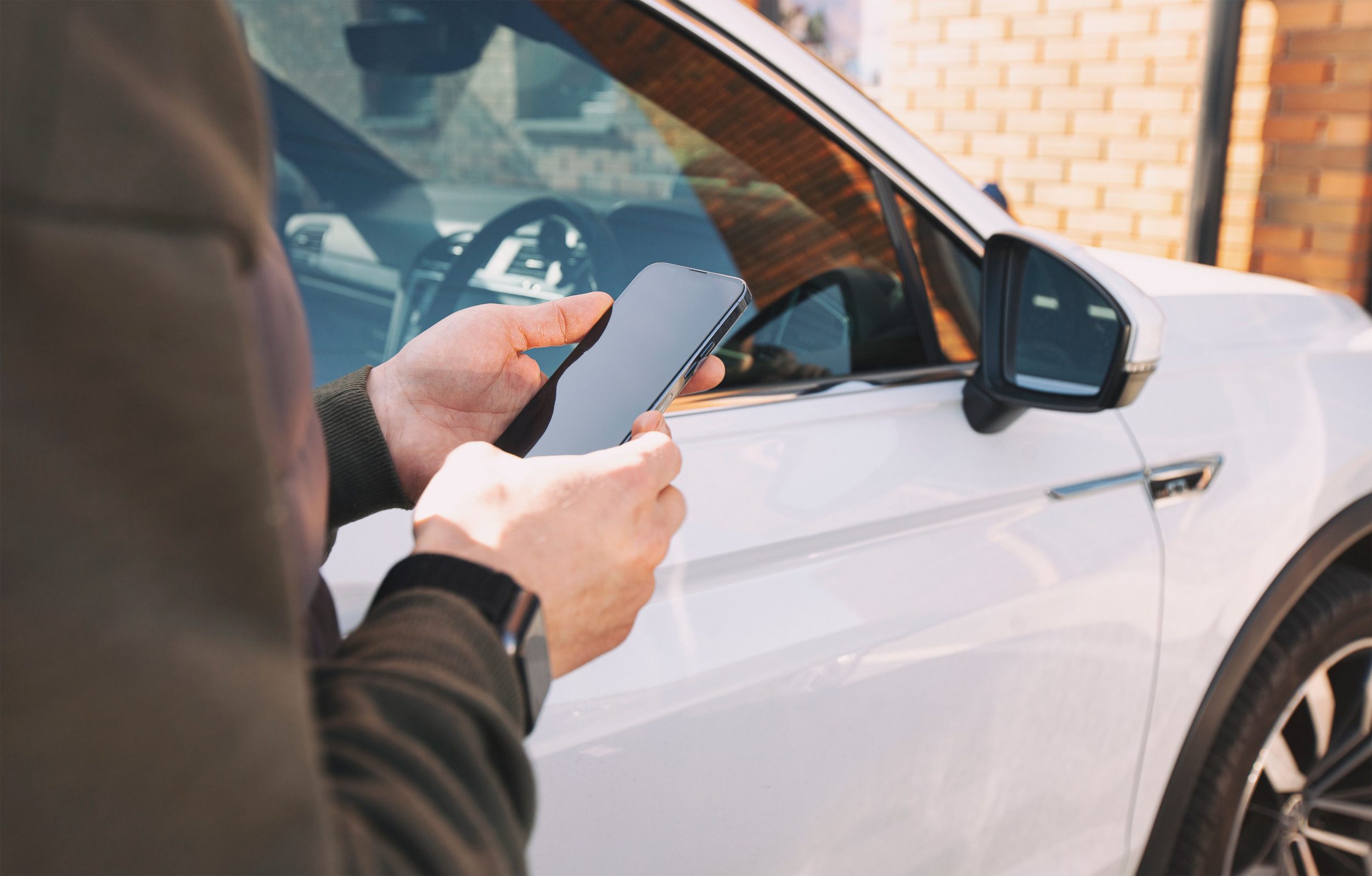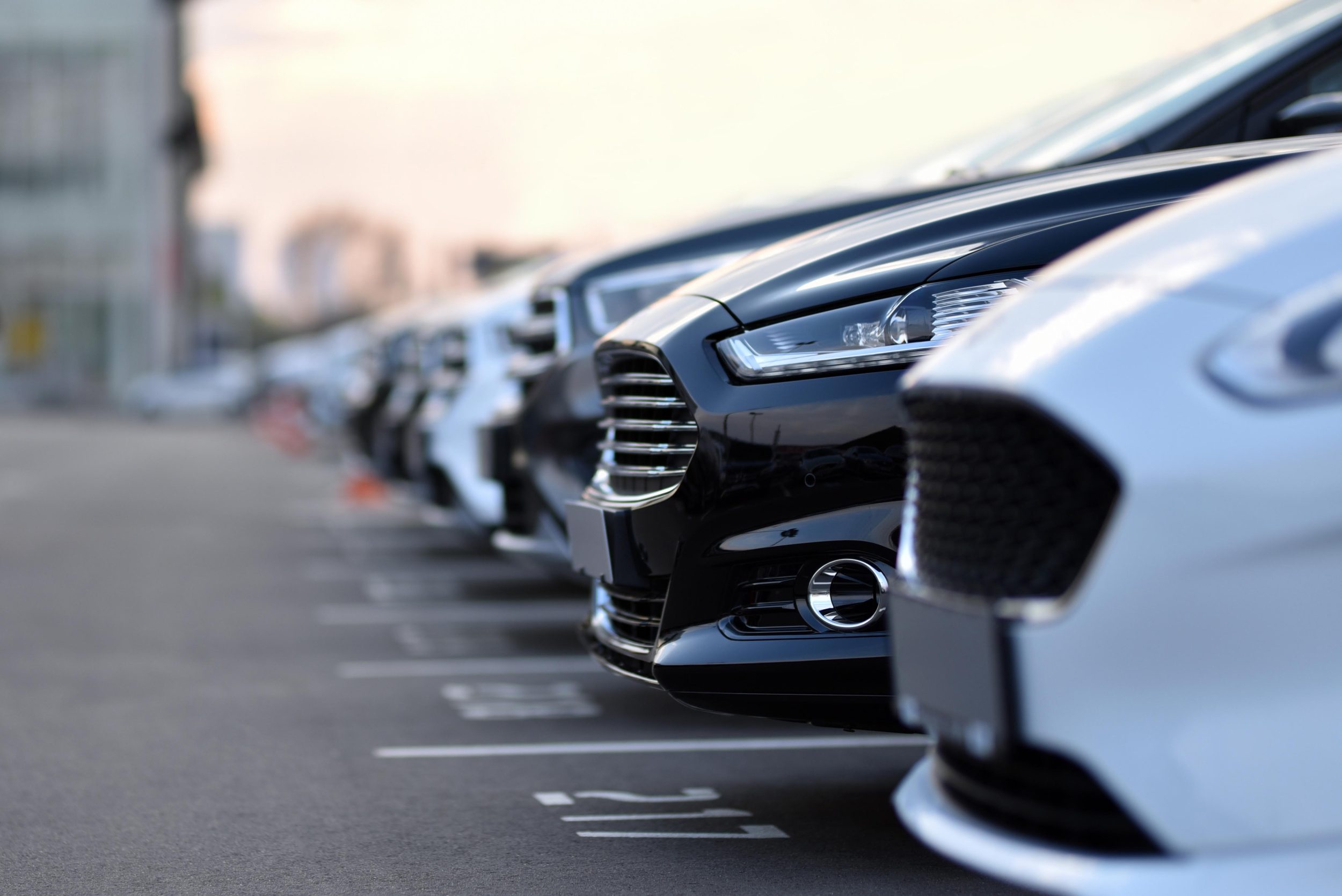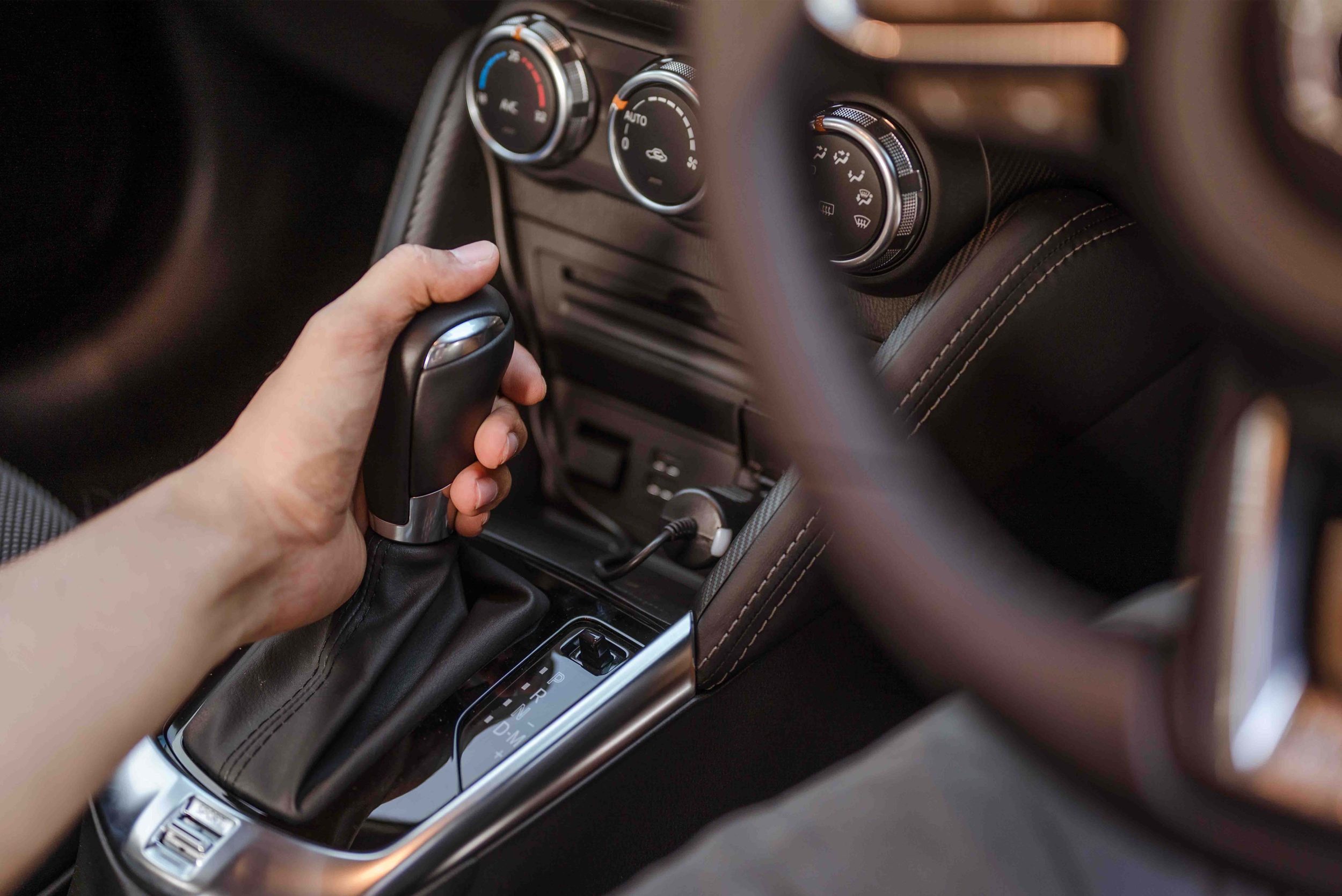Unfortunately, sometimes accidents happen. We don’t like to think about it, but these situations do occur. So, it’s a good idea to know what you should do if you are in a car accident. Accidents are stressful enough as it is without not knowing how to react or what to do after it happens. From accidentally bumping into a stationary vehicle to a serious collision with injuries involved, there are laws that must be obeyed, and important steps that should be undertaken. In this guide, we detail these steps, provide tips, and answer key questions which you might have about what to do if you are involved in a car accident.
What steps should I take after a car accident?
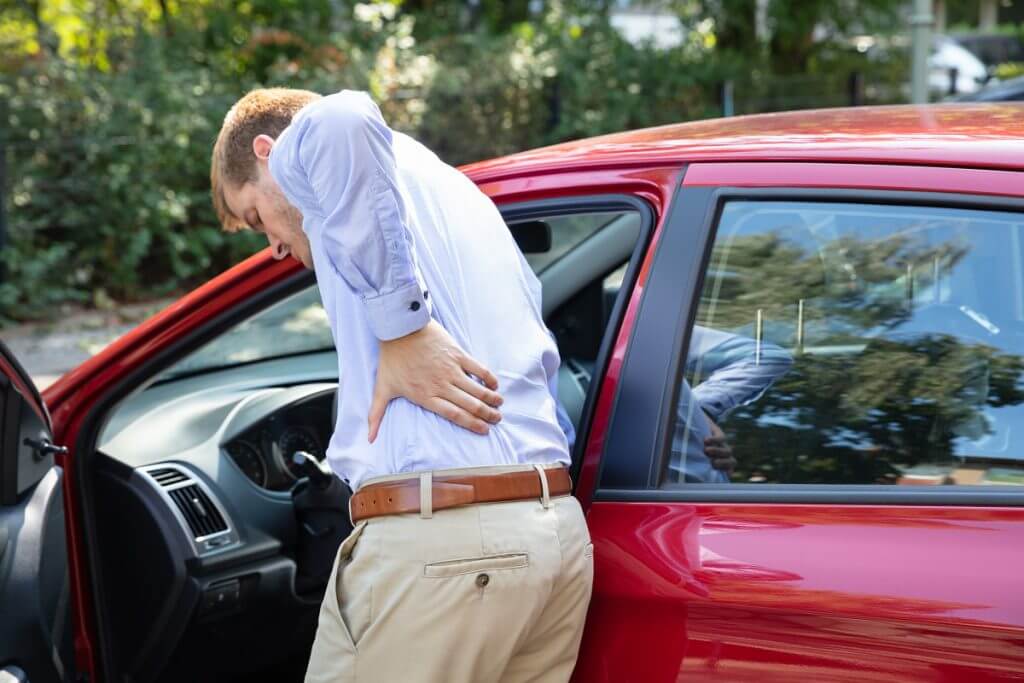
There are concrete steps that should be taken after getting into a car accident, whether it is your fault or not. These steps are the same for everyone, regardless of if you have an annual insurance policy or temp cover for your vehicle. The steps to take after an accident are:
- stop the car and switch off the engine – failing to stop is illegal
- turn on your hazard lights as a safety precaution
- check for injuries – yourself, your passengers, those in other vehicles, and pedestrians
- if injuries are present, call 999 immediately
- move to a safe area
- give your details to those involved/collect details from other drivers, passengers, and witnesses
- take photos of the number plates, damage to vehicles, colour of cars etc.
- note down driving conditions
- contact your insurance provider
- report the accident to the police if details were not shared
What is the time limit for reporting a car accident in the UK?
If you are unfortunate enough to be in a car accident, you will need to report it to the authorities. The UK Government states: “You must report the accident to the police within 24 hours if you do not give your details at the time of the accident. You must also report the accident to your insurance company, even if you’re not planning to make a claim.”
The above is very important to remember and failure to report an accident could result in a fine, penalty points, or disqualification.
What insurance details do you need after a car accident?
Once the situation is assessed to be safe, it’s important to collect the insurance details of the other drivers involved so that a claim can be made if necessary. The insurance details you will need include the policy number, car registration details, and the car make and model.
What details should I collect after an accident?
There is a host of other information that it is important to collect after an accident. This includes:
- the name and address of all involved with the accident
- the aforementioned insurance information
- details of any passengers and witnesses to the accident
- who the other cars involved are registered to
You should also make sure to record some other important details and information that can be collected without speaking to the other drivers. This includes:
- the make, model, and colour of the vehicles involved
- the number plates of the vehicles involved
- the time and date the crash occurred, as well as the exact location
- the driving conditions, such as weather and quality of the road
- the details of the damage that has occurred to all vehicles involved
- the injuries to drivers, passengers, or pedestrians that have occurred
- names and contact information for any witnesses
Which? advises: “You may find it useful to take photos of the car accident for use as evidence. Some drivers carry disposable cameras for this purpose, but most modern mobile phones will take good enough shots to help you remember important details.”
What to do after a car accident when no details are exchanged?
If details have not been exchanged because of a hit and run incident or if the other driver was not insured, you should tell the police and contact your insurance company as they will be able to give you advice about how to proceed. It is important to exchange details if at all possible. The law states that your own personal details should be given to anyone with “reasonable grounds for requiring them”.
If you become the victim of an uninsured hit and run, the Gov.uk website has details about how to proceed, stating that you may be able to claim compensation from the Motor Insurer’s Bureau.
How do you make an insurance claim after a car accident?

After the accident and everyone involved is safe, you will need to inform your car insurance company about the accident. If it is warranted – such as the car being sufficiently damaged – you can begin the process of making a claim.
To do this, you will need to contact your insurer, telling them as soon as possible about the accident. Your policy will tell you the time you have to do this in – failing to inform your insurer in time may invalidate your cover.
When making a claim, you will need to provide the insurer with as many details of the accident as possible – refer to the details needed in the above sections – and if someone else is involved, provide the insurer with their:
- name
- address and contact information
- vehicle registration number
- car insurance company details
After this, your insurer will let you know about any next steps to continue your claim and they will contact the insurance companies of the other people involved on your behalf to resolve the claims.
Technology that can help keep you safe
While some accidents can never be avoided, there are certain pieces of technology available that can help keep you safe on the road. Further still, cars that are fitted with certain safety precautions will often have a lower insurance group – always a plus! You can check with your insurance provider if the tech you have, or are looking to install, will warrant a discount from them.
Examples of car safety technology include:
Dashboard cameras for recording traffic ahead and behind, providing a documented account in case any accidents occur. Discover what to look for when buying a dashcam.
Lane departure warning systems – a sensor that monitors your position on the road, providing a warning if the vehicle moves out of your lane.
Adaptive cruise control which will reduce your car’s speed if upcoming traffic is moving slower than you are.
eCall, an industry-standard SOS system that automatically calls emergency services in the event of a crash. Summing up the eCall system, Auto Express says:
“Research during eCall’s development showed that the reaction of emergency services to an accident could be reduced by 40 per cent in urban areas, while the response in rural areas could be improved by 50 per cent.”
Should I have an emergency kit in my car in case of an accident?
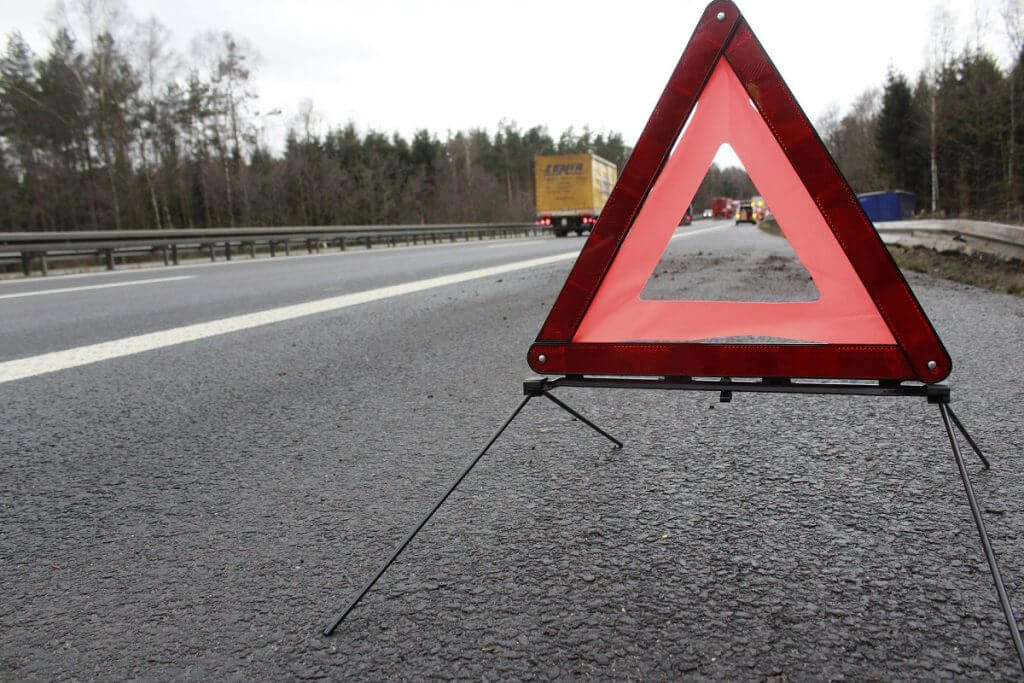
It’s always a good idea to be prepared, so having some emergency items in your in case of an accident is a good idea. If you have hurt yourself and no one is around, you will be thankful that you have items such as a first-aid kit, warning triangle, hi-vis vest, and torch.
This emergency kit from Zaftey Supplies would be a good option. It comes with all of the above, as well as a portable fire extinguisher. It comes in an easy to carry portable bag, making it simple to store safely in your boot.
For more ideas about what emergency items you might need, take a look at our ultimate emergency breakdown kit for your car.
We hope this guide has been informative. Hopefully, you will never be in a car accident, but the above steps, advice, and instructions will make sure that you are informed about what to do if the worst should happen.
For more guides, tips, and advice, make sure to head to our news page.
